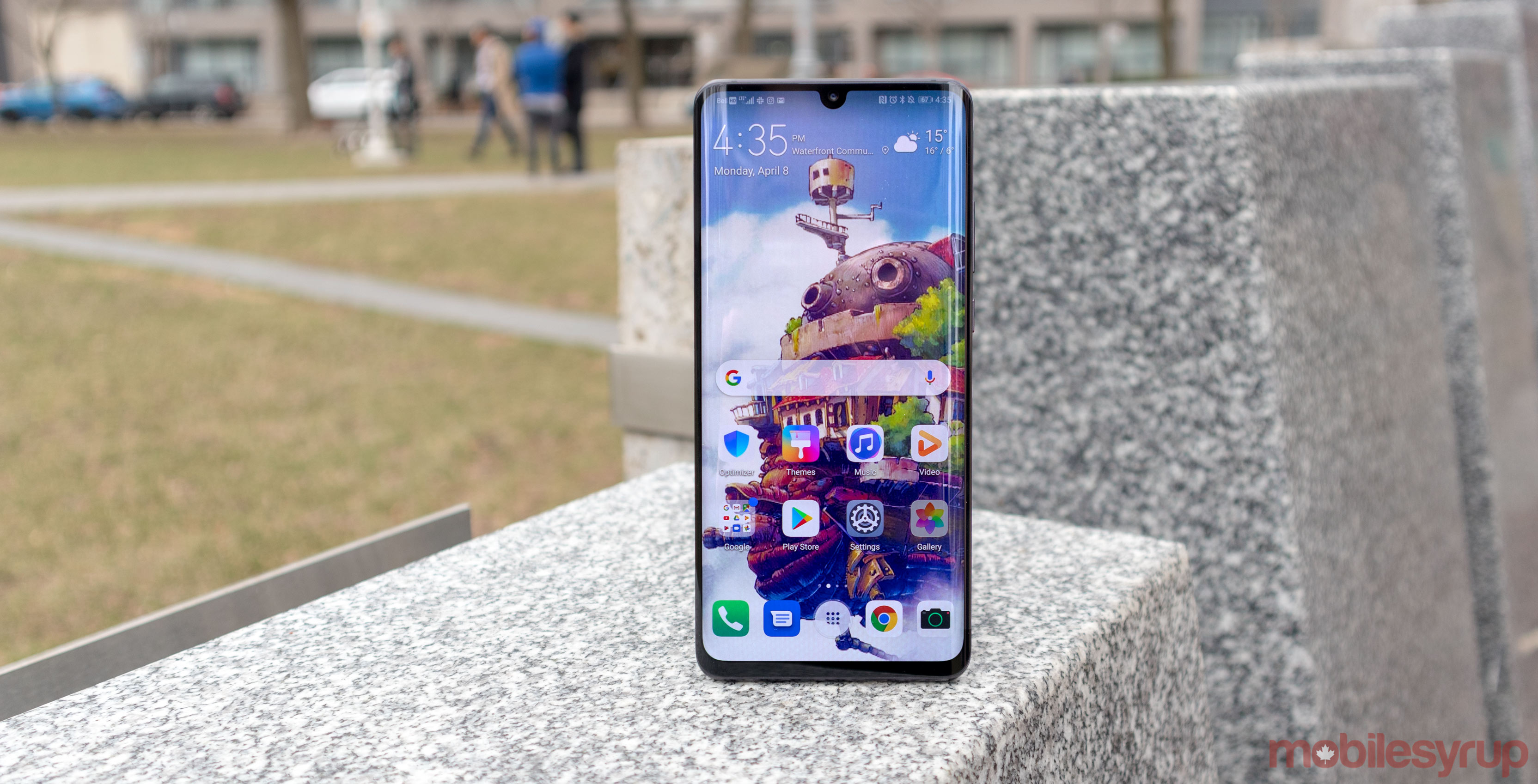
China could be planning to create its own blacklist after U.S. President Donald Trump banned Huawei from selling or buying from U.S.-based companies.
Bloomberg reported that China was going to create a list of “unreliable” entities that goes against the interests of domestic companies.
China intends on creating this list of “foreign enterprises, organizations and individuals that don’t obey market rules, violate contracts and block, cut off supply for non-commercial reasons or severely damage the legitimate interests of Chinese companies,” China’s ministry of commerce spokesman Gao Feng said.
Gao also noted that the list can target companies that “pose a threat or potential threat to national security.”
He added that China is setting up this list to “protect international economic and trade rules and the multilateral trading system, to oppose unilateralism and trade protectionism, and to safeguard China’s security, social and public interests.”
After U.S. President Donald Trump signed a recent executive order, he placed several companies on an ‘Entity List,’ including China-based smartphone manufacturer Huawei and 70 affiliates.
The order doesn’t specifically call out Huawei but it “invoke[s] the International Emergency Economic Powers Act,” a law that grants the president the authority to regulate any commerce that could pose a national security threat to the U.S.
In this case, Huawei and the other companies added to the Entity List. It’s worth noting that in 2018, the Department of Commerce banned U.S. companies from exporting to ZTE for seven years, though Trump lifted that ban after only three months.
That ban took place because ZTE had done business with Iran. In this instance, the ban restricts U.S. companies from doing business with Huawei and other companies on the list. Immediately after this occurred, Google pulled its business from Huawei.
This includes access to apps like Google Maps, YouTube, and the entire Google Play Store. Not having access to the Play Store means users won’t be able to download or install Android applications easily on Huawei devices.
However, users could still download APK files from less secure outside sources. The U.S. granted a grace period until August 19th to allow companies currently affiliated with Huawei to find other customers.
Moreover, this grace period enables Huawei to maintain its current networks and to provide software updates to its existing Android devices.
Source: Bloomberg
MobileSyrup may earn a commission from purchases made via our links, which helps fund the journalism we provide free on our website. These links do not influence our editorial content. Support us here.


